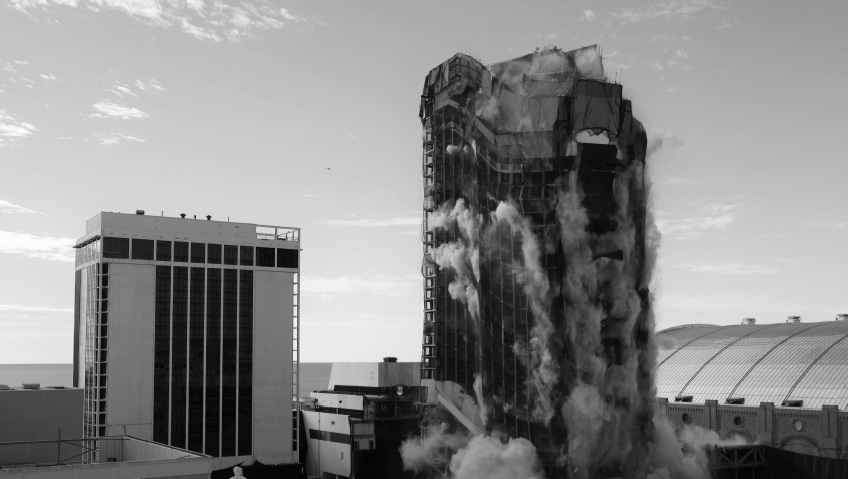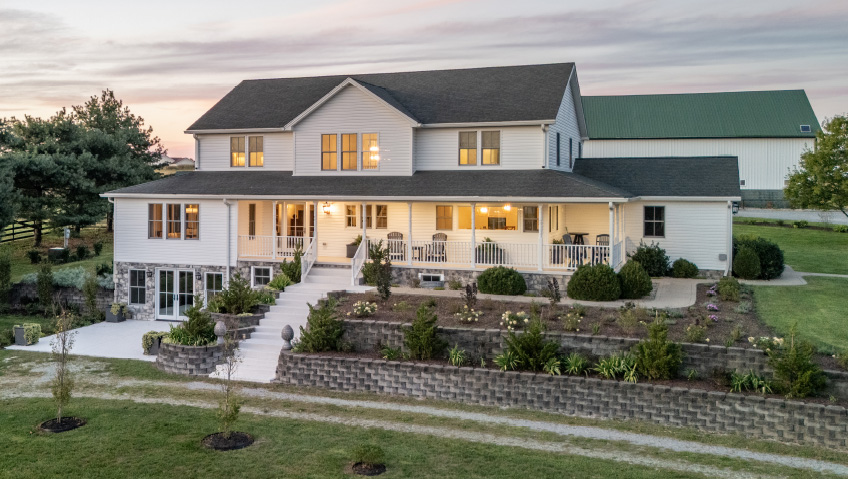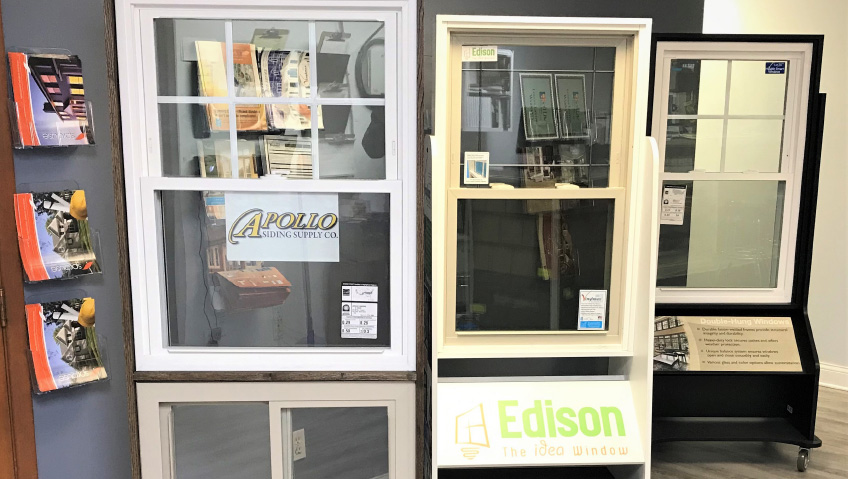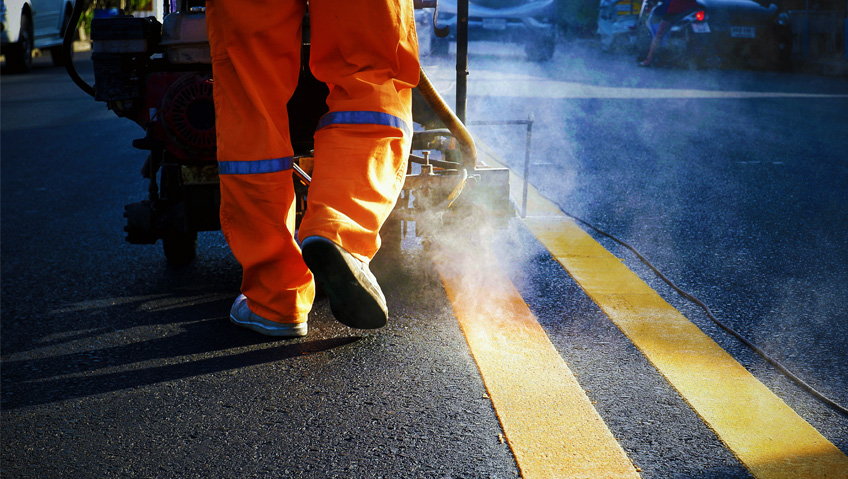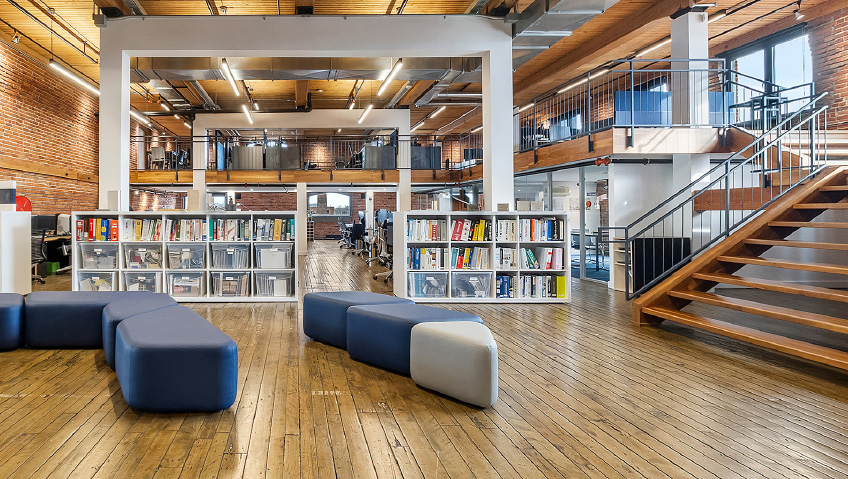Controlled Demolition Inc. (CDI) has been a global pioneer and leader in explosives demolition for over seventy years. Three generations of the Loizeaux family have steered the company through decades of innovation from their Maryland headquarters, setting world records and felling thousands of structures across six continents.
“My father used explosives in his youth around the family property north of Baltimore, Maryland,” says current President & Owner Mark Loizeaux of company Founder John D. “Jack” Loizeaux. “He recognized it as a tool that could be used thoughtfully and successfully in solving problems. He did not look at it as a dangerous material to be feared. It was something that could be used to benefit the family property.”
After graduating from the University of Georgia with a degree in forestry, Jack Loizeaux began working as a contractor—and continued to recognize the innovative potential of explosives. “As he was doing rock blasting, he realized that there were other opportunities to use that energy for the benefit of not only projects, but society in general,” Mark Loizeaux says.
Jack Loizeaux was particularly interested in using explosives for tree removal. “As a forester, he developed a tree business here in the Tri-state, Mid-Atlantic region and had a very large company,” Loizeaux explains. “And he was using explosives to remove tree stumps.” The timing coincided with the arrival of Dutch Elm disease, creating a strong demand for the company’s services. “He used hundreds of small explosives to split the stumps to facilitate pulling them out of the ground.”
After building a strong foundation, the company’s focus naturally expanded to other demolition needs. “He had the explosives, permit, licenses, storage facilities, transport vehicles,” Loizeaux says. “That led to drilling and blasting of rock for excavations for housing developments, which led to blasting of rock ultimately for the interstate system in the Eastern United States in the 1950s.”
In 1947, the rapidly growing business expanded into structural demolition. By 1960, explosives and demolition had become Jack Loizeaux’s primary focus and he incorporated his business as Controlled Demolition Inc., officially forming the company we know today.
CDI began to make waves in the industry by taking on projects that others couldn’t. The company started “to fell structures in urban areas, where explosives typically were not welcomed,” Loizeaux explains. “The first major building demolition project was clearing three structures where they ultimately built the State Department in Washington, DC. That was very noteworthy that explosives demolition was permitted in the U.S. capital, and it went quite well. From there, he went on to demolish structures all over the world.”
Mark Loizeaux and his brother joined the company in the 1960s and the family worked together to pioneer the international use of explosives for commercial demolition. “It’s a highly energetic tool that has tremendous promise when used carefully,” he says. One of the greatest challenges when using this “energetic tool” is “general resistance to the word ‘explosives.’ People have a misconception; they don’t realize that a tremendous amount of the materials we’re surrounded with—whether it’s metal in the pen they’re holding or whether it’s metal in the car that they drive, whether it’s the concrete in the roadways they drive on, the building materials they used to construct homes and buildings—these were all generated with explosives. So this tremendously energetic resource was really not appreciated by the general public, or for that matter, the regulators that regulate the use of the explosives in urban areas,” he explains.
“So that was probably the greatest challenge—calmly, professionally, thoughtfully overcoming the resistance, not only by the regulators to permit us to use explosives in a safe fashion, but also by property owners, adjacent property owners, utility companies, people who have a say over whether or not a project can be done one way or the other. Getting past that, which we did very early, put us in that leadership position and we gained prominence in the industry not only here in the United States, but internationally as well.”
Another challenge CDI has faced is having to work under the shadow of recent tragedies. The company is called in to deal with building collapse due to natural disaster, negligence, and acts of terror, including the Oklahoma City bombing and 9/11.
The team is extremely sensitive to the needs of the people within the community as they work to remove the reminder of the tragedy. This consideration extends to “not only those directly impacted, but those peripherally impacted, those emotionally impacted,” Loizeaux says.
“We listen,” he continues. “That’s the first thing we do. We listen to how the people we’re dealing with were impacted by what happened. We try to bring our experience in similar tragic circumstances to the fore to see if lessons [can be applied that were] learned on prior projects where people suffered, where our culture or society was shocked by the activities of others—or in some cases, the inaction by others—where structures have failed due to lack of attention to detail in construction or demolition.”
One of CDI’s most difficult jobs involved Oklahoma City’s Alfred P. Murrah Federal Building, the target of an act of domestic terrorism that killed 168 people—including children—and injured hundreds more. “Coming to that site, it was hard,” Loizeaux remembers. “It was hard not only because of the lives lost, but because of the children that were lost. That takes it to a whole different level.”
The team was called in to consult on how to best serve a city reeling from an unthinkable tragedy. The remains of the Federal building had to be taken down and CDI worked closely with local leaders to determine whether subjecting the population to another explosion was the best course of action. The general consensus was that “the longer we can see it, the longer it hurts,” Loizeaux recalls. So they made the decision to bring down the damaged structure as soon as possible, which required the use of explosives, in order to help the community move on.
“It was a very impassioned plea [by community leadership], a very difficult decision my brother and I made at the time, but we were successful and we helped get the structure down quickly.”
The company’s emphasis on listening to others extends to its own employees. “It’s important that we listen to our employees as much as we listen to ourselves and our experiences,” Loizeaux says. “So we look for feedback. We look for input. I think ninety percent of being an employer is to let the employees know that they have skin in the game, so to speak, that they have something to contribute, to listen to them. If what they give you is useful, thank them for it and use it, and let them gain credit for it. If they don’t quite nail it on the head, let them know where they missed a bit, how they could have improved, and how we could use their response toward developing a better solution. It’s really about teamwork. It’s about contribution and mutual and self-respect.”
The next generation of family leadership is already on board to ensure that CDI stays a family company well into the future. Employees are treated like family as well, with many staying with the company long-term. “I have people here who started raking leaves around the property,” Loizeaux says. “I’m talking thirty-five years ago, and now they’re operations managers or vice presidents. We treat everyone as if they are members of my immediate family. We appreciate them… and they get to share in the successes, where we can go out and we can help solve problems.”
This emphasis on problem solving is core to the company culture. “That is the main thing we do,” says Loizeaux. “I don’t consider CDI a contractor; certainly not a blasting company. I consider us problem solvers.”
With the next generation of family leadership in place alongside a loyal team of long-term employees, CDI is well positioned to continue solving problems, and making a positive impact, around the globe.

